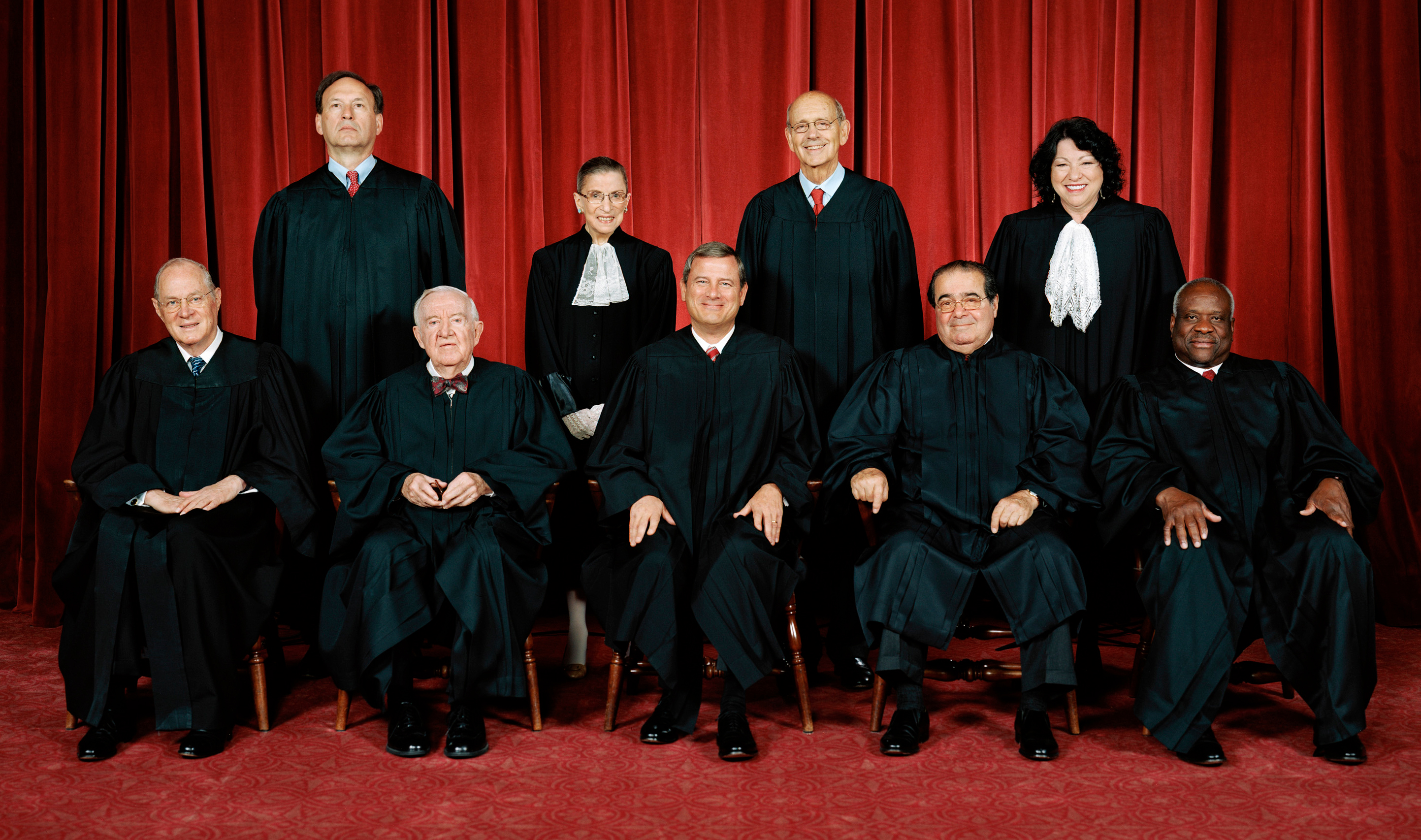The assault on Christianity
We are now living in a time where every word you say can be considered offensive, especially if you are a Christian. It is open season on Christian thought, views, ideas, literature and most mainly beliefs. The very mention of Jesus brings a howl in some of the most unexpected places. And it will not end. Why? Very few are willing to fight back.
The forum of honest debate has shut its doors. The only way to bust those doors down is to open the mouth and speak the truth with empirical evidence. We have that evidence within 6000 years of recorded history. But it takes Believers willing to challenge the "silencers of free speech" with that history for the doors to be broken down. The Reformers did that very thing.
And this is the great irony! The Reformers not only broke down the doors that kept out the free expression of Christianity, but also for every denomination and group that wished to speak. Free speech has its freedom from the Reformers. I invite you over to http://www.bartelby.com/268/4/9.html and read a wonderful oration given by Thomas Erskine "On The Limitations of Free Speech". A wonderful biography is at http://theadvocates.org/freeman/8907gabb.html. Here is just a snippet of the oration. Please take time to read it all on the posted website. We must contend for the faith once delivered to the Saints!
From Thomas Erskine:
| Altho every community must establish supreme authorities, founded upon fixed principles, and must give high powers to magistrates to administer laws for the preservation of government, and for the security of those who are to be protected by it; yet as infallibility and perfection belong neither to human individuals nor to human establishments, it ought to be the policy of all free nations, as it is most peculiarly the principle of our own, to permit the most unbounded freedom of discussion, even to the detection of errors in the Constitution of the very government itself; so as that common decorum is observed, which every State must exact from its subjects and which imposes no restraint upon any intellectual composition, fairly, honestly, and decently addressed to the consciences and understandings of men. Upon this principle I have an unquestionable right, a right which the best subjects have exercised, to examine the principles and structure of the Constitution, and by fair, manly reasoning, to question the practise of its administrators. I have a right to consider and to point out errors in the one or in the other; and not merely to reason upon their existence, but to consider the means of their reformation. | 4 |
| By such free, well-intentioned, modest, and dignified communication of sentiments and opinions, all nations have been gradually improved, and milder laws and purer religions have been established. The same principles which vindicate civil controversies, honestly directed, extend their protection to the sharpest contentions on the subject of religious faiths. This rational and legal course of improvement was recognized and ratified by Lord Kenyon as the law of England, in the late trial at Guildhall, where he looked back with gratitude to the labors of the reformers, as the fountains of our religious emancipation, and of the civil blessings that followed in their train. The English Constitution, indeed, does not stop short in the toleration of religious opinions, but liberally extends it to practise. It permits every man, even publicly, to worship God according to his own conscience, tho in marked dissent from the national establishment, so as he professes the general faith, which is the sanction of all our moral duties, and the only pledge of our submission to the system which constitutes the State. Erkine, T. (1797). On limitations of free speech. The World's Greatest Orations: Great Britain II, 1780-1861. Retrieved from http://www.bartelby.com/268/4/9.html |

No comments:
Post a Comment